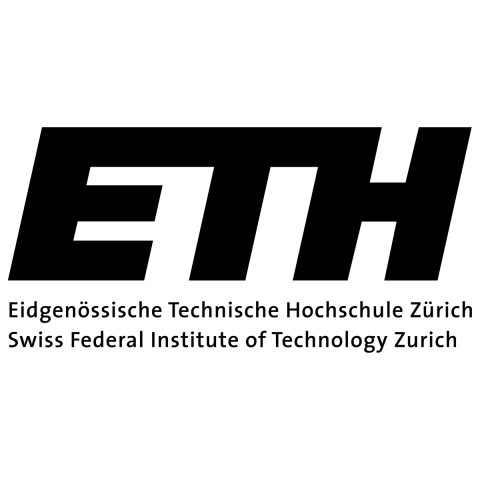Rural-urban nexus: establishing a nutrient loop to improve city region food system resilience (RUNRES)
2019 - 2027 • ETH Zuerich
Purpose
To create a circular flow of commodities across the urban-rural nexus has the potential to improve the resilience and sustainability of regional food systems
Activities
The initial phase of RUNRES will focus on the establishment of a vibrant and inclusive transdisciplinary innovation platform (tdIPs) in each of the city region food systems. This will entail the identification and inclusion of key stakeholders, the identification and testing of selected innovations, and the acquisition of a comprehensive baseline understanding of the biophysical and socio-economic circumstances for each city region.
Unprecedented rural to urban migration is placing enormous burdens on city areas across Africa. As a consequence, informal settlements are growing rapidly. The lack of appropriate sanitation, combined with high population densities, creates an environment suited to the outbreak of various waterborne diseases. Furthermore, rates of food insecurity in these settlements are amongst the worst on the continent. Together these development challenges account for the urban poor being amongst the most vulnerable populations in the world. Thus, efforts that seek to improve livelihoods across the rural-urban nexus are critical to socially equitable and ecologically sustainable development in Africa.
Countries of activity
Location of main activity
Objectives
RUNRES seeks to address the development challenges of sanitation and food insecurity by
- identifying
- testing
- and installing
innovations (related to waste-recycling and small-scale processing) to improve resilience and sustainability of regional food systems. These innovations will be implemented through a transdisciplinary and multi-stakeholder development process.
Further information
The African city regions targeted are:
Arba Minch, Ethiopia
Kigali, Rwanda
Bukavu, Democratic Republic of the Congo
Msunduzi, South Africa
Videos
The RUNRES project: Establishing a nutrient loop to improve city region food system resilience
Contact information
Johan Six
Login to see the e-mail-adress of the contact person.
Filter tags
Composting, vermicomposting (solid waste), composting toilets Faeces or faecal sludge Fertiliser Food security and productive sanitation Greywater or wastewater Resource recovery Rural Specific to one or several countries Sub-Saharan Africa Swiss government University, education or research institution Urine Urine diversion dehydration toilets (UDDTs)
Links

Uploaded by:
Elisabeth von Muench (Elisabeth)















